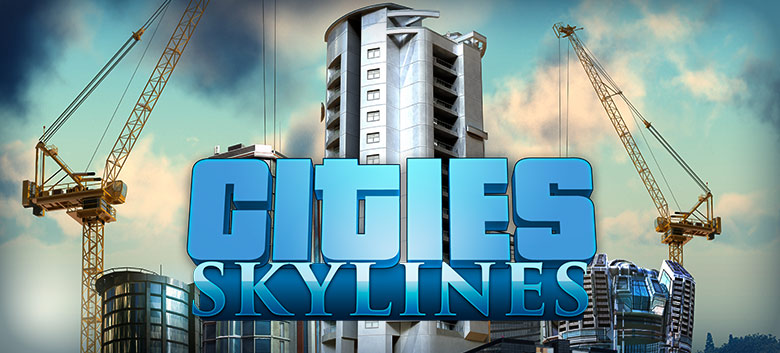
We're happy to announce a partnership with TeacherGaming to launch an educational version of Cities: Skylines. The new teaching tool is available today to schools globally through the TeacherGaming.com storefront and as part of the company’s game-based learning subscription service, which offers K-12 lesson plans and learning analytics.
The educational version of Cities: Skylines includes eight custom-made lesson scenarios, touching upon topics from sustainable city planning to active citizenship and the Human Development Index. Along with lesson plans and student progress tracking, the game also includes in-game tutorials customized for the classroom environment.
“Transitioning our games into teaching tools that make learning fun and interactive is something near and dear to our hearts at Paradox,” said Shams Jorjani, VP of Business Development at Paradox Interactive. “We chose TeacherGaming to help structure our games for the classroom, because this is a new field for us and they have the right experience and knowledge to do it right.”
“Paradox Interactive titles turn niche topics like civics and serious history into unexpectedly entertaining experiences that educators will fall head over heels for,” said Santeri Koivisto, TeacherGaming CEO. “Committing to such an unconventional portfolio means Paradox is combating prejudices about the very nature of video games, and that’s also what we have been out to do for the past six years. In that sense, and many others, this partnership is a perfect fit.”
For more information on the educational version of Cities: Skylines, visit https://store.teachergaming.com/games/cities-skylines.
About TeacherGaming
TeacherGaming is a Finnish educational technology brand that aims to elevate teaching and learning by harnessing the power of video games in the classroom. TeacherGaming Desk, the company’s flagship product, is a subscription service platform that combines nearly 40 hit games children know and love with ready-made lesson plans and curriculum-aligned learning analytics. Since its launch in July 2017, it has reached nearly 5000 teachers and institutions around the globe.
This was announced through our PR a few hours ago but a forum thread is in place so that you all may discuss, celebrate or anything in between right here on our forums!
- 3
- 1
- 1


